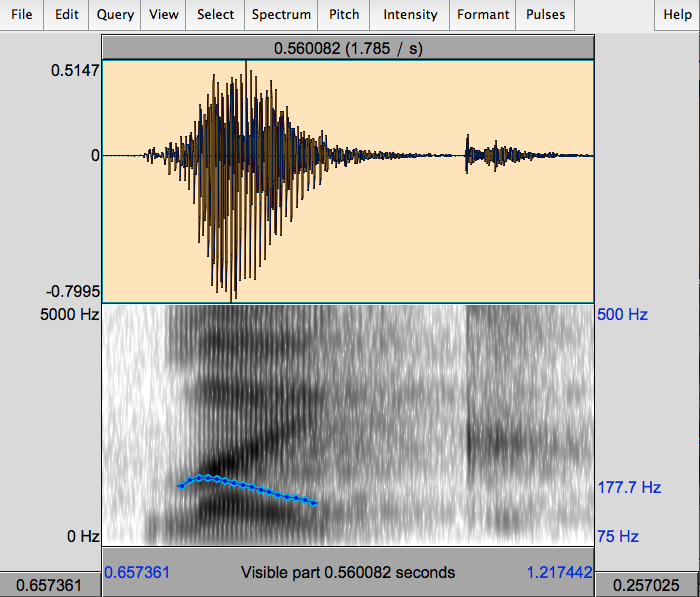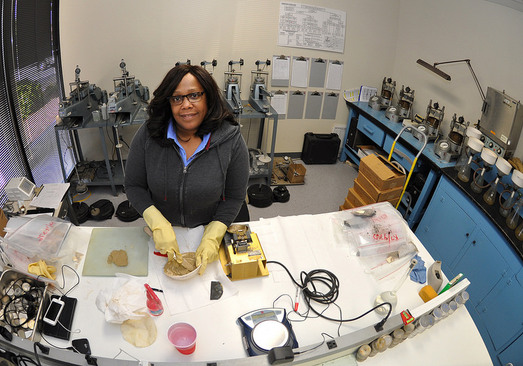|
A big part of changing the way you speak is understanding the speech patterns you use and how what you hear may be different from what is actually being said. Our native language influences our brain from an early age, creating a filter for speech sounds, or a phonological system. When we learn a new language, our filter interprets the sounds we hear and tries to match them with known quantities. So while the new language may have different sounds, we aren’t always hearing them. Fortunately, when these sounds are pointed out with a contrasting sound (such as the error we produce with our accent), we can hear the difference, and begin to correct our production. To read a layperson’s take on the science behind accents, read Wired Magazine’s Nick Stockton’s recent article.
0 Comments
Computer programmers, engineers, IT professionals, medical professionals – what do they have in common? Jargon. Each of these fields (among many others) has their own technical language they use for precision when discussing topics in the field. For those whose native language is not English, they may have learned this jargon in English from other non-native speakers, and unknowingly adopted incorrect pronunciation when they first learned the terminology. Habits can be very hard change, especially when you are unaware of the habit. One benefit of working with an accent trainer is getting feedback on the words you use most. Not only can the trainer point out to you your habitual mispronunciations, but also they can teach you about stress patterns for the words you need in your field. Improve your communication at work today. For more information and a free consultation, click here.
Sorry, could you repeat that please? Some people have a harder time than others when it comes to understanding a speaker with a foreign accent. Many people have a hard time asking for clarification when they don’t understand, but it is important to be willing to ask in order to reduce misunderstandings. Phone calls can be especially difficult. Some ideas? Ask specific questions with yes or no answers, repeat key words you understood to establish the topic, and rephrase what you heard to be certain you understood. For more ideas, read here.
In the new film Gone Girl, Rosamund Pike adopts an American accent to play an American character with authenticity. How did she do it? She used an accent coach to help her learn the sounds and patterns she needed to change. In addition, she very likely spent a great deal of time practicing her new speech sounds. Did she lose her native accent? No, she still speaks British English, as you can see on her recent Today Show interview, but she can switch to speaking as an American if she desires. Check her out in the trailer for what is sure to be a popular new movie. You are visiting a neighbor’s house, and you compliment the art on their wall. They immediately take it down and insist that you take it as their gift to you. Are they being sincere? It can be hard to judge, and apparently, if they are speaking with an accent, it can influence what you think of their sincerity. A recent study at USC found that listening to information in accented vs. non-accented speech can affect the listener’s subsequent interpretation of events. If the listener comes from the culture of the accented speech, they are more likely to follow their native cultural trends in their reading of the situation, but if they are mono-cultural Americans, they are more likely to impose their American judgments and values when considering what they heard. Whoever your listeners may be, the clearer you can be in your speech, the better the resulting communication. Read more about the study here. Image: Myjewelrybox.com
|
Subscribe to this blog:
Categories
All
Archives
March 2021
Copyright 2020
Christine Dunbar Have Questions?
Get A Free Consultation We offer a free 30-minute phone consultation. Schedule yours now. |





 RSS Feed
RSS Feed



